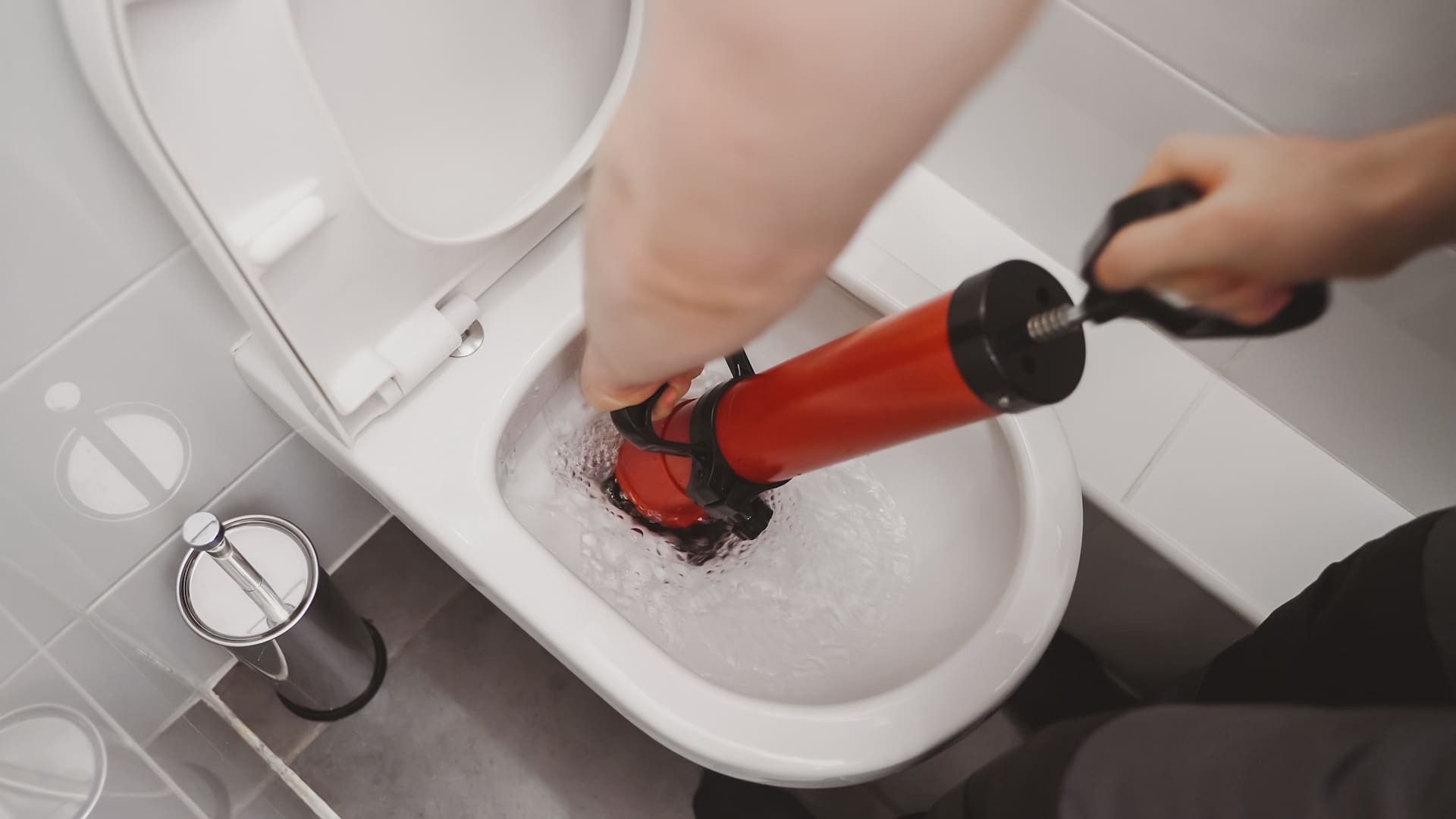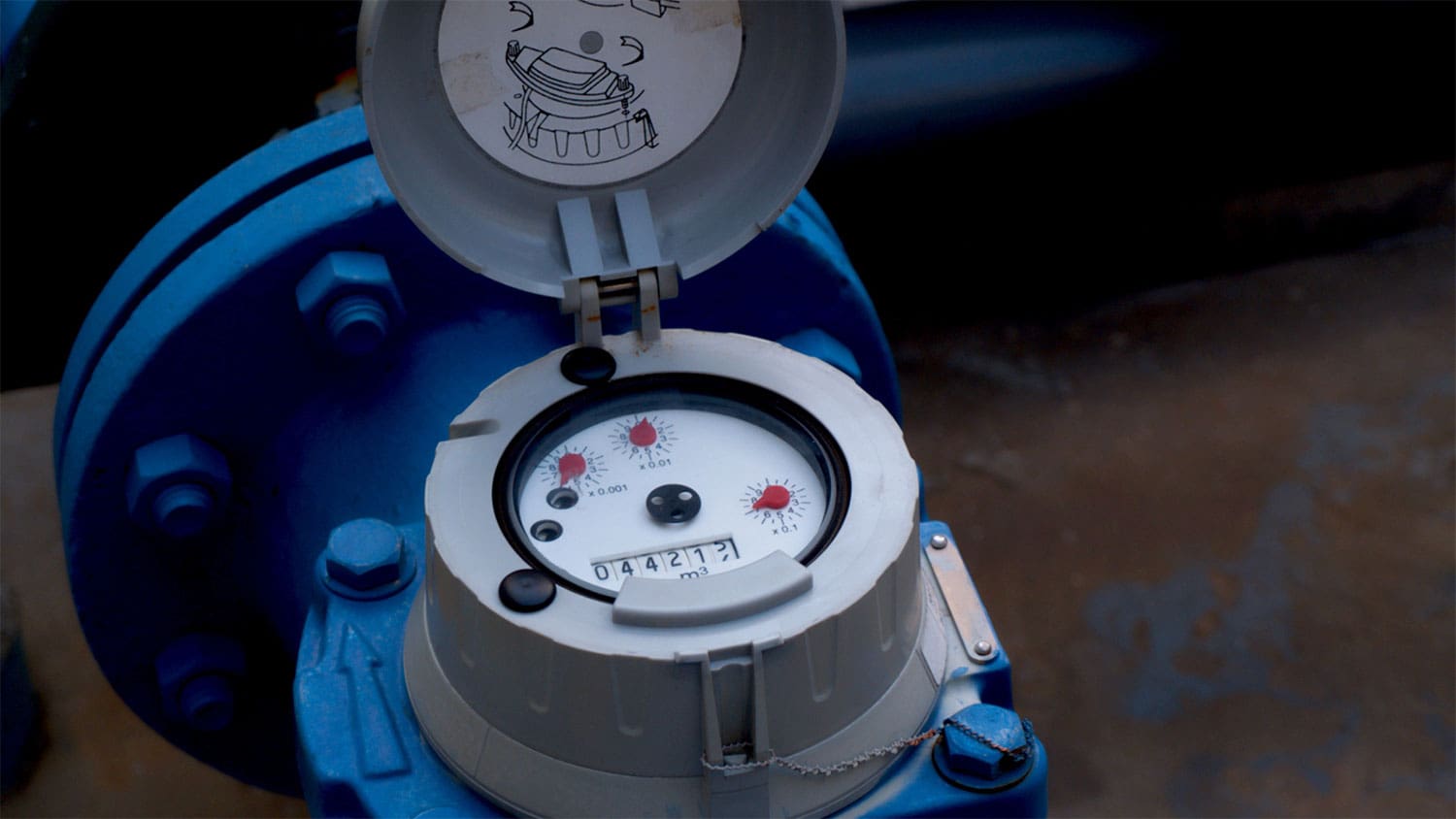
Every company, no matter its size, has a responsibility to dispose of its waste efficiently and with minimal environmental impact. But depending on the size and sector of an organisation, different approaches to waste management can be required – whether it’s due to matters of regulatory compliance or the complexity of multi-site waste collections.
Finding the right waste solutions for your business can be difficult. But once you understand your company’s needs and the services offered by reputable waste management companies, it is possible to develop a more responsible strategy for handling waste.
Compliance matters
While the rules for small organisations have certainly become more strict in recent years – namely the Simpler Recycling regulations which came into force in April 2025 – there are often additional regulatory requirements for large organisations.
In 2025, SMEs with 10 or more employees are required to effectively separate waste, use licensed carriers for relevant forms of waste and keep basic documentation like waste transfer notes. Unless handling hazardous materials at scale, small businesses in the UK do not require special permits.
For large corporations working across multiple sites, the regulatory requirements are different. More complex documentation is typically required across areas such as packaging waste, while the emissions created during waste disposal also need to be calculated and reported under schemes such as SECR.

Waste volume and complexity
The waste management needs of small and medium-sized enterprises tend to be more straightforward than those of large corporates, and therefore their approach to disposal and recycling can focus on being streamlined and efficient.
Most SMEs create what we might term to be “standard waste”: plastic, cardboard, paper, food and occasional electrical waste. Depending on the industry, additional waste requirements may be required within an additional niche. For example:
- A decorating business may handle paints on a daily basis and need to consider how it disposes of these chemicals from week to week
- A small building contractor may handle construction waste and regularly order skips for collecting waste generated during projects
- A cosmetics clinic may utilise syringes in the course of daily activities and require specific sharps waste disposal facilities
So, how does this differ from large organisations?
Large corporates are much more likely to generate a broad mix of complex waste streams – particularly those in industries such as manufacturing, construction or logistics. Due to the large quantities of on-site waste created (frequently across multiple premises), large organisations may need dedicated personnel to manage the waste process and lead on the segregation of waste types.
The staff needed to handle this waste may need to be specialists or wear purpose-built protective clothing, the waste may need to be processed at a specialist site in a specific way, and there may be certain roads which are off-limits to vehicles carrying certain toxic or dangerous substances.
This means that employing a one-size-fits-all approach is not only inefficient, but potentially dangerous.
The need for waste infrastructure
Since large corporates produce larger volumes of waste, they require much more frequent collections.
Many larger businesses with multiple premises require daily waste collection – or even more frequent collection if necessary. For smaller businesses, a weekly or bi-weekly waste collection is often adequate.
It may also be that a large business produces different types of waste at different times, such as more cardboard after a weekly delivery, or more electricals when clearing away unsold stock. In this case, a customised approach to waste collection may need to be organised to improve efficiency.
Again, this will be different for large corporates and SMEs, even in the same industry. An independent, local retail store will receive fewer deliveries and undergo fewer stock takes than a national or international retail chain and thus require fewer additional waste collections.
Different approach. Same waste management goals
Waste management is about far more than removing rubbish from a premises; it is about improving the efficiency and sustainability of a business.
Whether large or small, businesses that focus only on waste removal fail to maximise their potential. Rather, prevention, reuse and recycling should be used as critical tools in the development of a more sustainable, lower impact organisation. This is especially true for SMEs, who often have fewer resources to squander compared to their larger competitors.
Consider what you want to achieve through waste management, and what additional services you may require in order to achieve those goals. A large corporate may wish to make effective waste management part of their staff training, or undergo regular waste audits, while an SME may want to employ the assistance of a specialised recycling service in their local area.
No matter the size or scale of your business, effective and comprehensive waste management will lead to improved costs, more ecological practises, an enhanced reputation and sustainable solutions to the eternal problem of business waste.

Contact Everflow today!
At Everflow, our goal is to make your utilities simpler. We ensure you get great-value contracts that are tailored to your needs and easy to manage.


